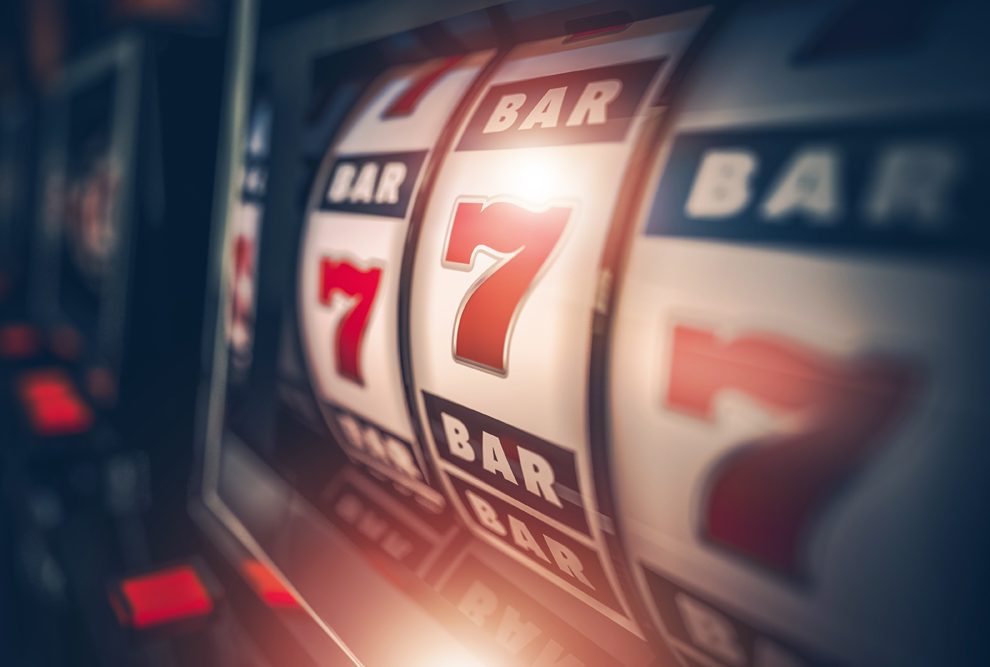For the most part, slot games are the big revenue driver of a casino. Players love to hit the slots and, in the US, the game tends to be the biggest producer of funds in most states. However, in Massachusetts, the games seem to be a problem. After the Encore Boston Harbor opened just a few months ago, the industry began to shift, and slots are not bringing in large numbers. Operators are now trying to come up with solutions that will bring more money to their bank accounts.
Too Many Games, Not Enough Players?
As the slot revenues begin to fall short in the state, analysts are trying to determine if there are enough players in the state to go around. If not, this could explain why the slots are not earning as much as expected.
For many of the venues, decisions need to be made. Operators can consider determining which games are the most popular among players and then get rid of the rest. With some games removed, the area that is cleared could then be used in another manner.
For the Encore Boston Harbor, the casino has already removed around 100 of their 3,100 slot machines since opening in June. The space has been used to add more table games, which have shown to be more lucrative for gaming venues in the state.
In a saturated market, less is more. Operators must decide which slots attract the most people and provide those on-site. Any games that are not performing well should be removed to add something else that attracts gamers to the property.
Plainridge Park is another operator in the state feeling the heat from the slot gaming issues. The casino is one that offers only slot games and since the Encore Casino opened has seen two months of decreased earnings. The casino decided to remove 300 slot games and added table games instead.
Other Changes
MGM Springfield is another casino in the state that has made changes to make up for slot revenue issues. The casino recently added video poker machines to a bar space, which has proved to be quick popular. For those who don’t play slots, the casino has added a stadium gaming area where a dealer can provide gaming options for a larger group of players.
Casinos can also choose to take a different tactic with slot games and loosen up the payouts. The take from the house will vary based on venue. For Encore, the property kept around 5.6% of slot money played with the rest paid in prizes. MGM retained a higher 8.6% while Plainridge was just below them at 7.6%.
Another aspect to consider is the type of player at today’s casinos. For decades, casinos were hot spots for seniors and of course younger players looking for a good time. However, the younger generation of today is not interested in typical slot games. They were raised in a world where technology has consistently changed, offering something newer and better.
With today’s tech, young people in their 20s and 30s have access to interesting video games and social media. Their tastes are different and wagering money on a simple slot machine isn’t going to cut it. This is why many casinos have chosen to add more skill based gaming options to appeal to the younger visitors.
For Massachusetts gaming venues, changing out slots for table games seem to be the first decision made to change up revenue earnings. We will watch and see if any other changes are made to appeal to the new gaming audience.




